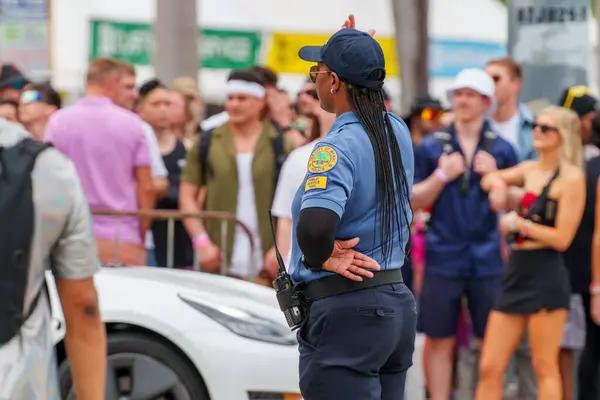Hawaii drivers have expressed their concerns about recent proposals allowing law enforcement officers to search mobile phones during traffic stops. This contentious issue has sparked a heated debate, with many arguing that it infringes upon personal privacy rights and civil liberties.
The proposal stems from the increasing number of road accidents attributed to distracted driving, particularly due to cell phone use. Proponents argue that allowing police officers to check phones would provide concrete evidence of such distractions, thereby enhancing road safety measures. However, this reasoning hasn’t been met with unanimous approval among Hawaii’s driving population.
Many drivers in Hawaii feel that this proposed measure is an overreach. They assert it violates the Fourth Amendment of the U.S Constitution which protects citizens from unreasonable searches and seizures. The right to privacy should extend to their personal devices, they argue, adding that traffic violations should not warrant access into private digital life without a warrant or probable cause.
Furthermore, there are concerns about potential misuse of this power by law enforcement officials. Drivers worry that such access could lead to unwarranted scrutiny into other aspects of their lives unrelated to the traffic violation at hand. There are fears about possible racial profiling and discrimination as well.
On top of these constitutional issues, practical challenges also arise when considering implementation. Would all types of phone usage be considered illegal? How can one distinguish between legal GPS navigation use versus illegal text messaging? What if someone else was using the driver’s phone at the time of the stop?
Technological considerations also come into play here; different phones have different operating systems and security features making them discover more or less accessible for immediate inspection by a police officer on site during a traffic stop.
While proponents maintain that this measure is purely for public safety purposes – aiming at curbing distracted driving incidents – critics posit that there must be alternative methods less invasive than breaching personal privacy rights.
Discussions around technological advancements like ‘textalyzer’ technology – devices able to detect recent activity on smartphones – have been suggested as a less intrusive method. However, these too are met with apprehension due to potential privacy breaches.
In conclusion, while the intention of improving road safety is universally accepted, the method of searching drivers’ mobile phones during traffic stops is seen by many in Hawaii as an infringement on their civil liberties. As this debate continues, it will be crucial for lawmakers and law enforcement agencies to balance road safety needs against individual rights and freedoms. They must strive to find solutions that respect both public safety and personal privacy.





